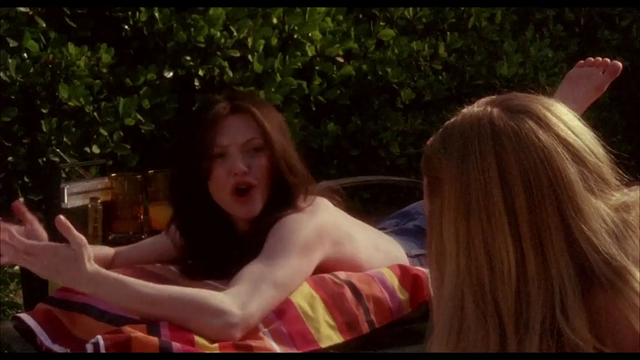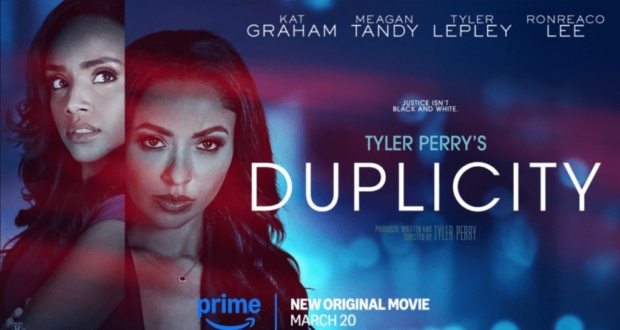Welcome to a journey through the satirical landscape of “American Fiction”! We’re about to dissect the quirks, chuckles, and surprising depth of Cord Jefferson‘s directorial debut. In a world where Hollywood sometimes resembles a mad scientist’s lab experimenting with stereotypes, “American Fiction” emerges as the electrifying creation we never knew we needed. Featuring the dynamic duo of Jeffrey Wright and Sterling K. Brown, this film isn’t just a page-turner; it’s a rollercoaster of hilarity and heart.
Tracee Ellis Ross joins the party, bringing her trademark sass and style to a character that feels like a cozy sweater – familiar yet full of surprises. Imagine a tale where a joke turns into literary gold, and the laughs come served with a side of biting social commentary. That’s the kind of wild ride you’re in for with “American Fiction.”
The Good:
 The film masterfully satirizes Hollywood’s commercialization of the Black experience. The subplot involving Monk’s book and its popularity hilariously critiques the industry, offering a third-person perspective. Monk’s internal struggle, torn between highlighting racial issues and meeting the practical needs of his family, creates a poignant and heartbreaking narrative. I love this perspective. I love how much this humanizes these characters and makes their struggles relatable. A big positive for American Fiction is based on it being so relatable.
The film masterfully satirizes Hollywood’s commercialization of the Black experience. The subplot involving Monk’s book and its popularity hilariously critiques the industry, offering a third-person perspective. Monk’s internal struggle, torn between highlighting racial issues and meeting the practical needs of his family, creates a poignant and heartbreaking narrative. I love this perspective. I love how much this humanizes these characters and makes their struggles relatable. A big positive for American Fiction is based on it being so relatable.
The casting choices contribute significantly to the movie’s success. The film skillfully navigates the complexities of family dynamics. The evolution and devolution of the family from the beginning to the end provide an intriguing and painfully authentic portrayal. The relationships between Monk, his sister (played by Tracee Ellis Ross), and his brother (Sterling K. Brown) with their own families undergo captivating transformations. Jeffrey Wright, along with the entire ensemble, fits seamlessly into the narrative, enhancing the storytelling experience.
Jeffrey Wright and Sterling K. Brown deliver standout performances, showcasing their acting prowess. Brown’s humor and impeccable comedic timing bring a delightful energy to the film, complementing Wright’s nuanced portrayal. Tracee Ellis Ross steals the show with her performance and character. While it may not be a drastic departure from her previous roles, Ross infuses importance and impact into her portrayal. Her presence adds a layer of authenticity to the narrative. The inclusion of Erika Alexander adds a delightful surprise. Her stellar performance, coupled with the revelation of her previous roles, enhances the viewing experience.
The Bad:
While the film excels in many aspects, some parts of the ending may feel a bit rough. However, these moments are understandable, given the complex themes explored throughout the narrative.
Overall:
In conclusion, “American Fiction” offers a compelling blend of humor, satire, and poignant storytelling. The exceptional performances, especially from Jeffrey Wright, Sterling K. Brown, and Tracee Ellis Ross, elevate the film, making it a noteworthy exploration of identity and family. Despite minor rough patches, the movie succeeds in delivering a thought-provoking and emotionally resonant cinematic experience. This is the movie you will love and I challenge you to think otherwise.
Beyond the Stereotypes: 'American Fiction' Review
-
Acting - 9/10
9/10
-
Cinematography/Visual Effects - 7/10
7/10
-
Plot/Screenplay - 9/10
9/10
-
Setting/Theme - 8/10
8/10
-
Watchability - 9/10
9/10
-
Rewatchability - 8/10
8/10





















